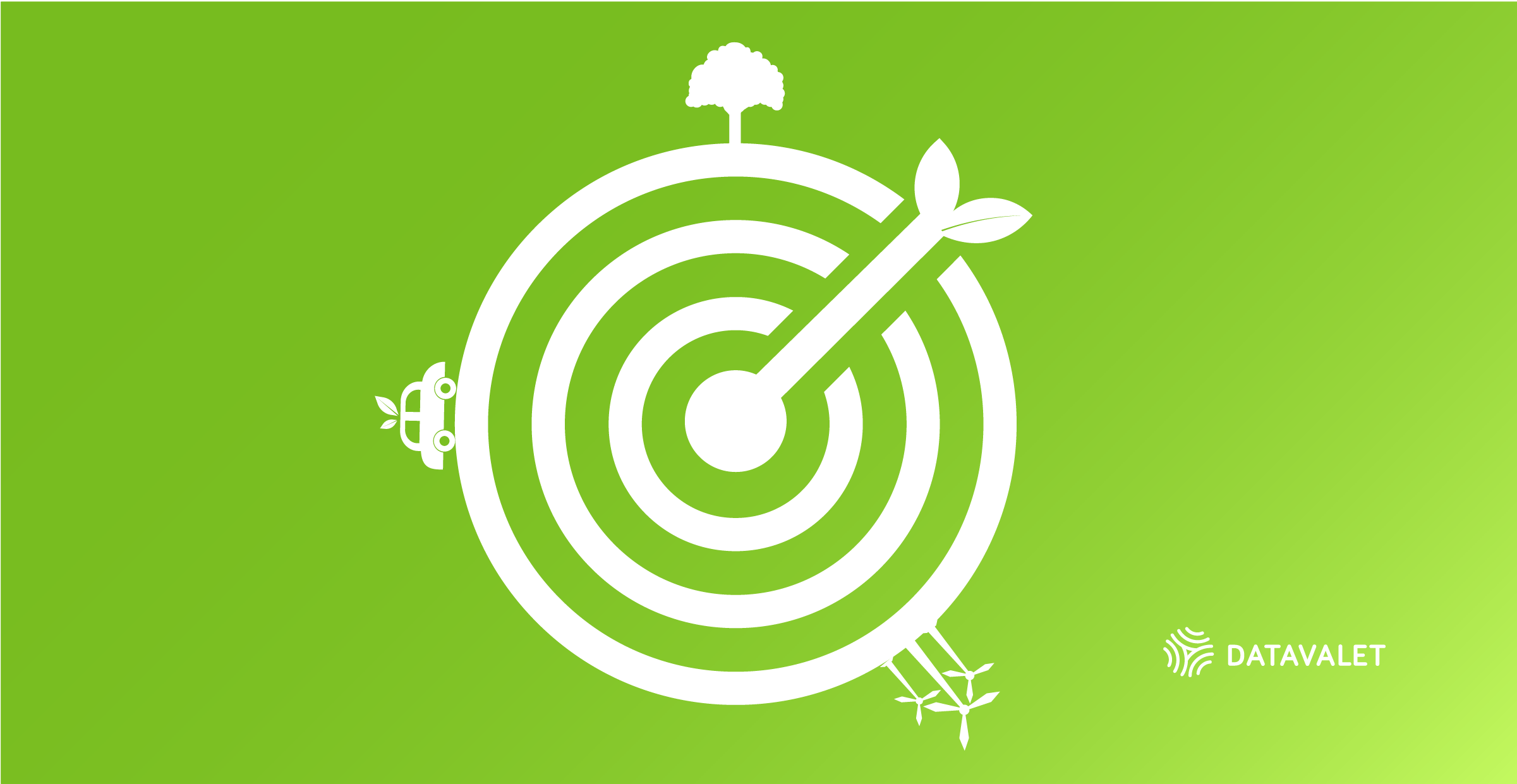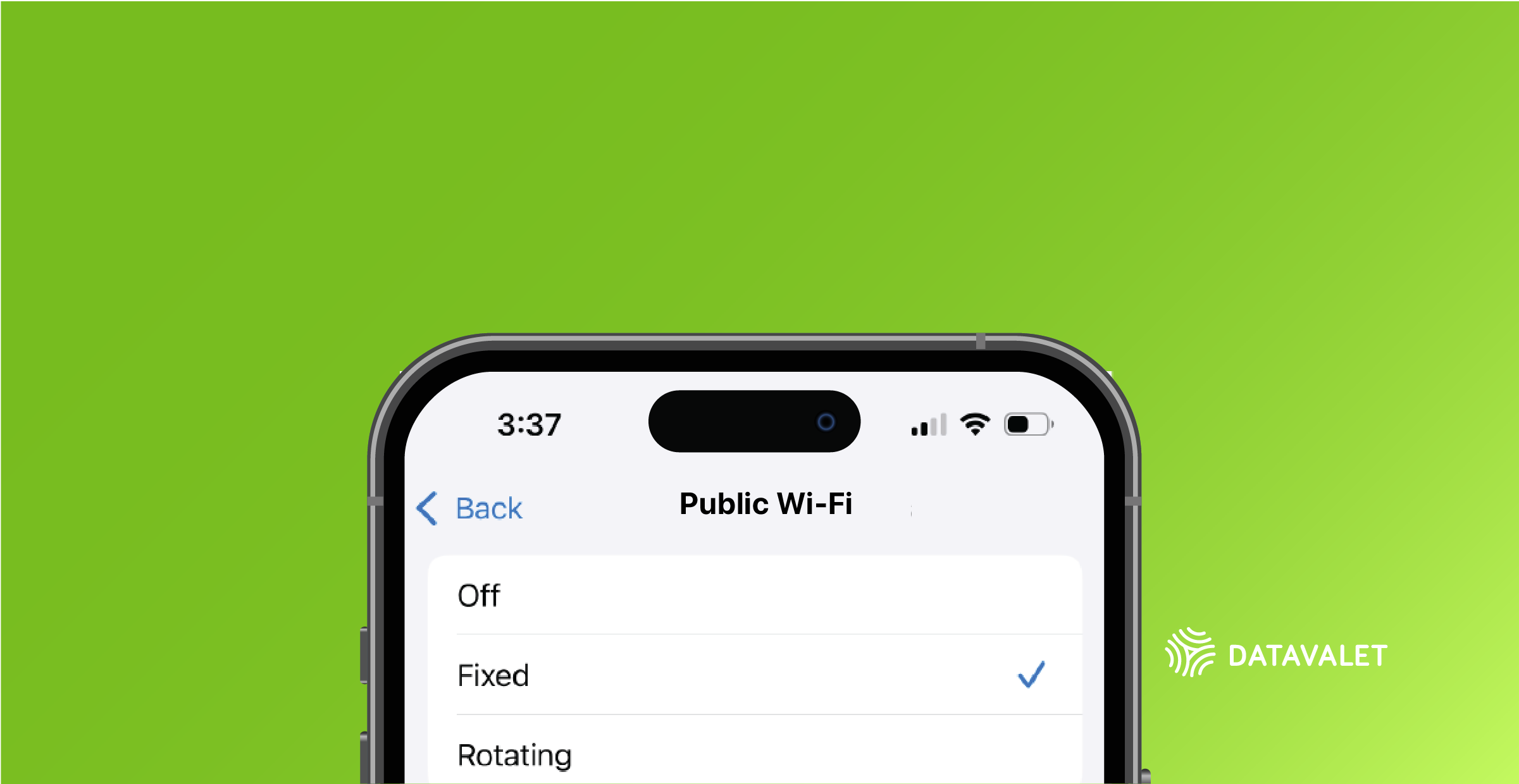Captive Portals and Wireless Guest Access
Ever logged on to public Wi-Fi? If so, you might have seen a web page with a ‘login’ process. This is what’s known as a captive portal. Captive portals are common, and most people looking to connect will follow the necessary steps without thinking twice about it. Captive portals are important for businesses offering Wi-Fi for a variety of reasons. They add legitimacy to your wireless network, can help protect your business from lawsuits, and can harvest valuable customer data that you can use to improve their experience. Read on to learn more about captive portals and how they add value when providing Wi-Fi access for your guests.
Captive Portals add legitimacy to your network.
Hackers are constantly trying to steal user data. One of the ways hackers have accomplished this in recent years is by creating fake wireless networks. They’ll often name these networks after a local business that may not have a free Wi-Fi network. They might also “spoof” the name of the Wi-Fi network. Or they’ll name the connection something like “Free Wi-Fi.” Users then connect to these networks, putting their personal data at risk.
By providing a branded captive portal, you’ll be able to provide legitimacy for your wireless network. Customers can connect without worry, knowing that the network belongs to your business.
Captive Portals can help protect your business from lawsuits.
The internet is, at its core, a morally neutral service. It is a connection that allows users to do all sorts of things. And unfortunately, some of those things might be illegal- such as pirating a movie. To enforce the law, authorities can trace the IP address of the user performing illicit activities. That means a user’s illegal behavior could land your business in hot water if they are using your Wi-Fi at the time.
Thankfully, it’s easy enough to protect yourself legally. Using a captive portal, you can require your users to agree to the Terms of Service (ToS) before allowing them to connect. Within the ToS, you can prohibit illegal behaviours such as pirating. It’s probably also a good idea to add a warning to the Terms of Service about entering sensitive information while using a public connection. Public Wi-Fi is, well, public. If a user enters sensitive data, there’s a chance that a hacker could access that information. Adding a note in the ToS telling users to be careful about sharing their personal information will help protect you against potential legal ramifications.
Captive Portals can help you harvest data to add business value.
Captive portals often require users to submit information about themselves, such as their e-mail address, for login. With the right tools, you can derive even more valuable information: visit frequency, walk-ins versus walk-bys, peak hours, dwell time, and more. With an e-mail address, you can send marketing e-mails (e-mail marketing has an impressive success rate, with the average ROI being $36 for every $1 spent). And with a tool like location analytics, you can take your business to the next level with key insights that help you understand customer behavior.
Additional Captive Portal Features
Captive portals are great for more than gathering information and protecting your business against liability. You can also have features such as a paywall, a donation drive, advertising, and social media production.
A paywall is a simple concept- it allows you to charge for your Wi-Fi usage. Many businesses, such as airlines, often choose this option to bring additional revenue to their business. The application of a paywall can be a lucrative one in the right circumstances.
You can also set up a donation drive through your captive portal. This is a popular choice for non-profits, charities, and other organizations that may require public funding. It can also be a great choice when a business wants to give back. For example, setting up a fundraising drive during the holiday season is a popular choice.
Advertising is also a potential feature of captive portals. Ads can be shown when a user accesses the portal to log in to your network. This can be a great way to promote your products and services. Advertising can also be a way to generate additional revenue for your business by selling ads to outside advertisers.
Finally, your business’s social media accounts can be shown on the captive portal. Users who want to ‘follow’ or ‘engage with’ your business will have the links handy. This is a great way to boost your followers on social media.
Conclusion
A guest Wi-Fi network is an easy way to add business value, and captive portals go hand in hand with that. Captive portals are an excellent tool that allows you to add legitimacy to your network, help protect your business from lawsuits, and harvest data that you can use to improve the customer experience. Several additional features include paywalls, donation drives, advertising, and promoting social media.
If you’re interested in setting up public Wi-Fi for your business, we’d be happy to help. Datavalet has been leading the charge in network innovation for over 20 years. Not only can we set up your network, but we also provide tools for making the most out of that network. We turn your network into something that generates value for your business. If you have any questions, please reach out to us. We’d be happy to help.













